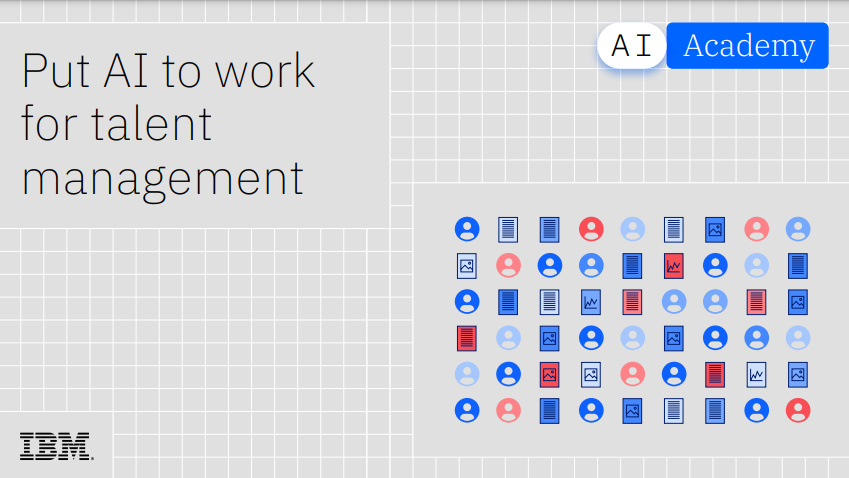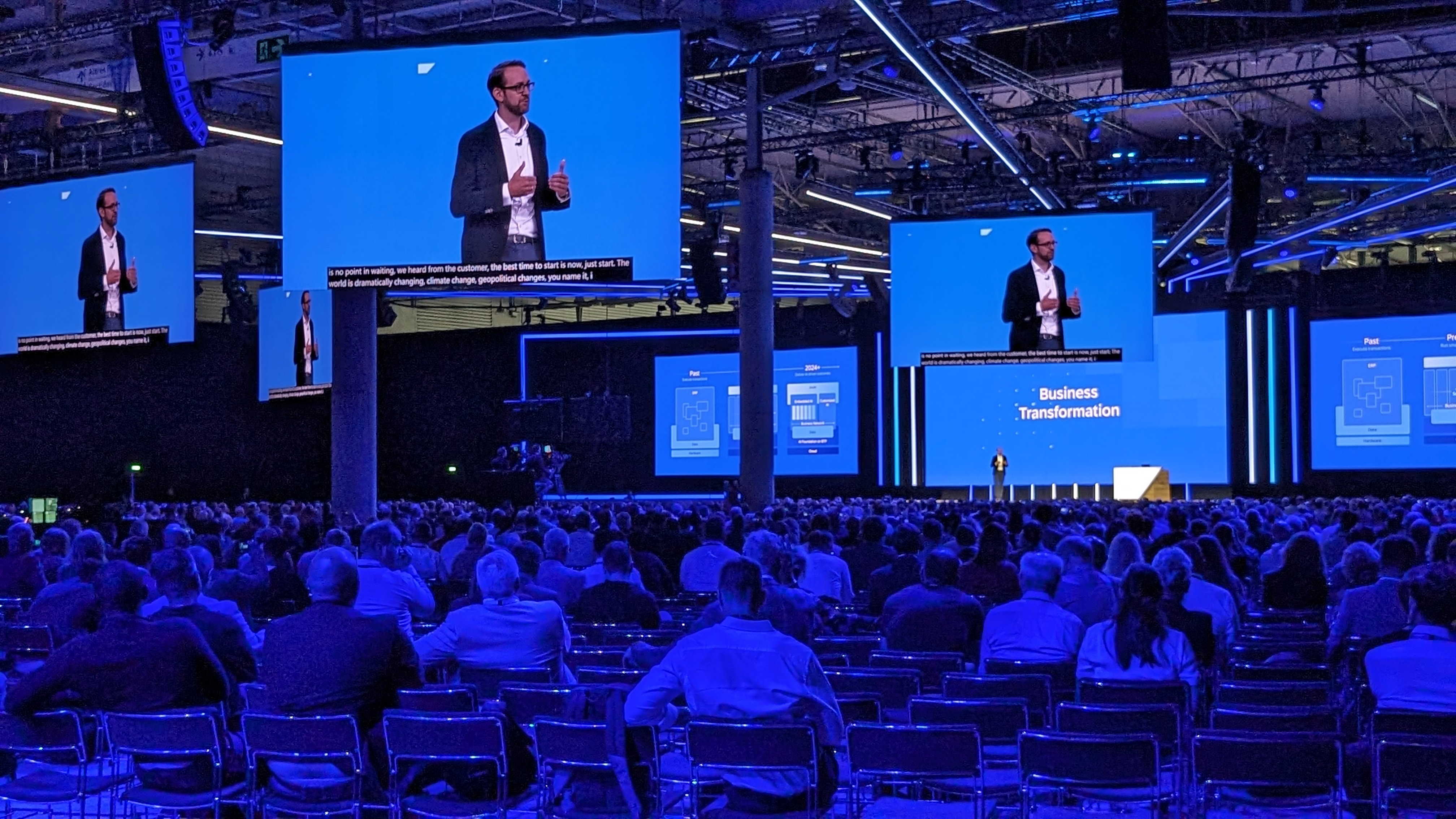The return of ERP?
Inside the Enterprise: After several years out of the limelight, back office systems are sneaking back on to the agenda.

Large back-office computer systems and especially ERP no longer attract as much attention as they once did.
Cost and complexity are often the death of IT projects. But both may be an essential part of an ERP deployment.
Up until the middle of the last decade, large entprise resource planning systems, along with CRM, were very much the stock in trade for technology companies. ERP promised greater efficiency, and improved margins, for business. A decent return on investment was assured.
But the combined forces of the financial crisis, along with the practical difficulties of deploying large enterprise technology systems, rather took e wind out of the industry's sales. Big projects, such as British Airways' planned new system, were cancelled.
ERP vendors, for their part, rushed to diversify into areas such as business intelligence, such as Oracle's purchase of Hyperion and SAP's acquisition of Business Objects. CIOs, meanwhile, started to look for more flexible, and cheaper, options, such as cloud computing. But the big vendors' progress towards the cloud was characterised by delays and mis-steps, leaving the door open for more nimble competitors such as Netsuite and Salesforce.com.
Despite this, though, ERP technology has continued to improve, and vendors have become better at selling and supporting it. SAP, the largest ERP vendor, posted record profits this year, although admittedly a large part of that has come from its Business Objects line. And Microsoft, despite lavishing none of the publicity it devotes to its Windows Phone or Windows 8 businesses on its Dynamics business, is also a strong player in back office technology.
One argument against ERP, however, is still worth going over in more detail. Cost and complexity are often the death of IT projects. But both may be an essential part of an ERP deployment.
Get the ITPro daily newsletter
Sign up today and you will receive a free copy of our Future Focus 2025 report - the leading guidance on AI, cybersecurity and other IT challenges as per 700+ senior executives
Over the last couple of years, CIOs have had to argue their case with boards that have needed to cap or even cut IT budgets. And boards that were willing to spend frequently demanded quick results. A six-month installation, not a three year project, was their demand.
A root and branch overhaul of a business' systems and processes, though, can rarely be done in six months, or even a year. Proper change takes longer. And companies are now shown more willingness to commit to that change, even though they are also demanding that IT projects stay on budget, and that CIOs commit to meeting interim targets every six or even three months.
One company that has just started on such a process is the Lotus F1 Team. The company recently started to replace its ageing ERP system, used primarily for financial controls, with a much broader business management tool. After reviewing more than a dozen options, the team opted for Microsoft Dynamics AX, not least, according to deputy IT director Michael Taylor, because it integrates well with the team's existing IT.
Taylor, though, readily admits that the team is on a multi-year journey. Finance, HR and materials will move first to Dynamics AX this year; areas such as engineering and research and development will follow next year.
And the team has a very specific timescale to work to: the introduction of new engine regulations by F1 in 2014. The new engines will mean designing a new car, and that, combined with spending caps on F1 teams, means the new ERP software will have to prove its mettle just as, Taylor says, Lotus' 2014 car will, when it takes to the track.
Stephen Pritchard is a contributing editor at IT Pro.
-
 Should AI PCs be part of your next hardware refresh?
Should AI PCs be part of your next hardware refresh?AI PCs are fast becoming a business staple and a surefire way to future-proof your business
By Bobby Hellard Published
-
 Westcon-Comstor and Vectra AI launch brace of new channel initiatives
Westcon-Comstor and Vectra AI launch brace of new channel initiativesNews Westcon-Comstor and Vectra AI have announced the launch of two new channel growth initiatives focused on the managed security service provider (MSSP) space and AWS Marketplace.
By Daniel Todd Published
-
 Digital immaturity is holding back growth in the UK
Digital immaturity is holding back growth in the UKNews Research from SAP shows a lack of digital maturity is holding back enterprise digital transformation goals.
By George Fitzmaurice Published
-
 Put AI to work for talent management
Put AI to work for talent managementWhitepaper Change the way we define jobs and the skills required to support business and employee needs
By ITPro Published
-
 SAP has found a way to bring us all on the digital transformation journey
SAP has found a way to bring us all on the digital transformation journeyAnalysis From Joule to WalkMe, Sapphire 2024 was all about how generative AI can make everyone’s job that little bit easier – and this is just the start
By Bobby Hellard Published
-
 SAP just appointed its first chief AI officer
SAP just appointed its first chief AI officerNews The company veteran will lead a new SAP business unit dedicated to the growth and progression of its AI offering
By Daniel Todd Published
-
 SAP treads a fine line with restructuring plans amid generative AI push
SAP treads a fine line with restructuring plans amid generative AI pushAnalysis SAP said it plans to integrate generative AI tools heavily within operations, but has been keen to emphasize this won’t equate to mass job cuts
By Ross Kelly Published
-
 FDM Group strikes SAP partnership to train next generation of tech consultants
FDM Group strikes SAP partnership to train next generation of tech consultantsNews New collaboration aims to meet the growing demand for SAP expertise and bridge the wider digital skills gap
By Daniel Todd Published
-
 More than a number: Your risk score explained
More than a number: Your risk score explainedWhitepaper Understanding risk score calculations
By ITPro Published
-
 How Crew Clothing went mobile to turn around a struggling business
How Crew Clothing went mobile to turn around a struggling businessCase Study Mobile sales tech unleashed a tide of change, buoying further growth across the UK coast-inspired casualwear chain
By Fleur Doidge Published